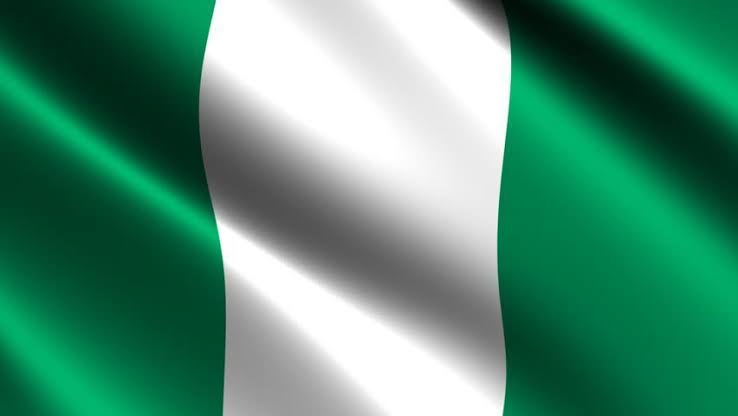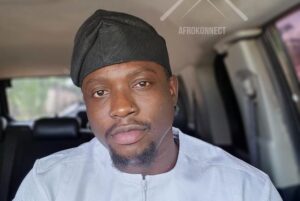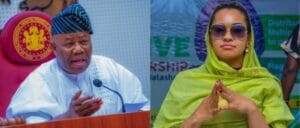Nigeria is a country with incredible potential. We have oil, gas, fertile land, creative people, and one of the largest youth populations in the world. But despite all these blessings, Nigeria continues to struggle with poor leadership, insecurity, poverty, and disunity. At the root of many of these problems is a deep issue most people don’t like to talk about openly: ethnic loyalty.
For decades, Nigerians have placed tribe, religion, and region above the nation. This has created a cycle where bad leaders are protected, insecurity is excused, and national progress is delayed. If Nigeria is ever going to rise, this painful truth must be faced.
A Brief Historical Background
Nigeria was not built as a natural nation. The British colonial government merged the north and south in 1914 for their own administrative convenience. This brought together hundreds of ethnic groups with very different cultures, religions, and traditions under one flag.
After independence in 1960, instead of focusing on building a shared Nigerian identity, politics became dominated by tribal and regional interests. The First Republic quickly collapsed because leaders placed loyalty to their region above the country. The civil war (1967–1970) further deepened suspicion among ethnic groups. Since then, Nigeria has remained a “country of nations,” where people ask: “Where is he from?” before they ask: “What has he done?”
The Cycle of Ethnic Loyalty in Politics
One of the most damaging effects of ethnic division is how it protects bad leaders. When a politician or president performs poorly, many of his people defend him—not because they are gaining, but simply because “he’s our brother.”
We have seen it repeatedly:
- Leaders accused of corruption are shielded by their ethnic group, who argue criticism is an attack on “their people.”
- Failed policies are tolerated because “at least it’s our turn.”
- Even insecurity is sometimes excused if the perpetrators come from a region considered “ours.”
This blind defense of leaders based on tribe has made accountability almost impossible. Politicians know that once they can play the ethnic card, they will always have a loyal base—even if they fail the entire nation.
Ethnic Loyalty and Insecurity
Nigeria’s insecurity problem is one of the clearest examples of ethnic loyalty gone wrong. When banditry, terrorism, or militancy affects one region, people in that region often hesitate to condemn the criminals fully. Some excuse the violence as “revenge” or “protection” for their people.
This mindset only fuels more destruction. Communities that defend criminals because they share the same language or religion forget that those same criminals eventually harm them too. Terrorism, kidnapping, and armed robbery do not ask for tribe before striking. By tolerating insecurity in the name of solidarity, Nigerians are unknowingly destroying their own homes.
The Cost to Ordinary Nigerians
The price of ethnic loyalty is heavy, and ordinary Nigerians pay it every day.
- Economically: Resources are mismanaged because leaders know they can hide behind tribal support.
- Politically: Elections are not based on competence but on “zoning” and “turn-by-turn” politics.
- Socially: Citizens live with distrust, suspicion, and even hatred for one another.
The result is a country where poverty grows, insecurity worsens, and hope fades—while politicians continue to enjoy immunity under the umbrella of tribe and religion.
Lessons from National Protests
Yet, there have been moments when Nigerians rose above these divisions.
- Fuel Subsidy Protests (2012): Nigerians across regions united against government decisions that increased hardship.
- #EndSARS (2020): For a brief period, young Nigerians from all backgrounds came together to demand an end to police brutality. The movement was a glimpse of what Nigeria could become if unity replaced tribalism.
Unfortunately, these moments of unity rarely last. Politicians and elders are quick to remind people of their ethnic differences, breaking the bond before it becomes a true national force.
What Can Be Done?
Breaking the cycle of ethnic loyalty will not be easy, but it is possible. A few steps can make a big difference:
- Citizen Education: Nigerians must be taught—formally and informally—that bad governance hurts everyone, no matter their tribe.
- Voting Beyond Tribe: People need to judge candidates by competence, not by their state of origin.
- Youth Solidarity: Young Nigerians must resist the old game of tribal politics. The unity of #EndSARS showed it can be done.
- Holding Leaders Accountable: Criticism should never be seen as an attack on a tribe. A bad leader is a bad leader, whether Hausa, Igbo, Yoruba, Tiv, or Ijaw.
- Building a Nigerian Identity: More efforts should be made to promote national pride through sports, culture, and education—so future generations see themselves first as Nigerians, not just as members of an ethnic group.
Conclusion
Nigeria’s future will be determined by one question: will we keep choosing tribe over truth, or will we finally put the nation first?
Ethnic loyalty may feel like solidarity, but in reality, it is slowly destroying the country. Every time Nigerians defend a failed leader because of blood or tribe, they weaken the possibility of progress. Every time insecurity is excused in the name of “our people,” they destroy their own safety.
For Nigeria to rise, citizens must learn to say: “I will not defend you because you are my brother. I will judge you by what you do for the nation.”
Only then will Nigeria begin to heal.




